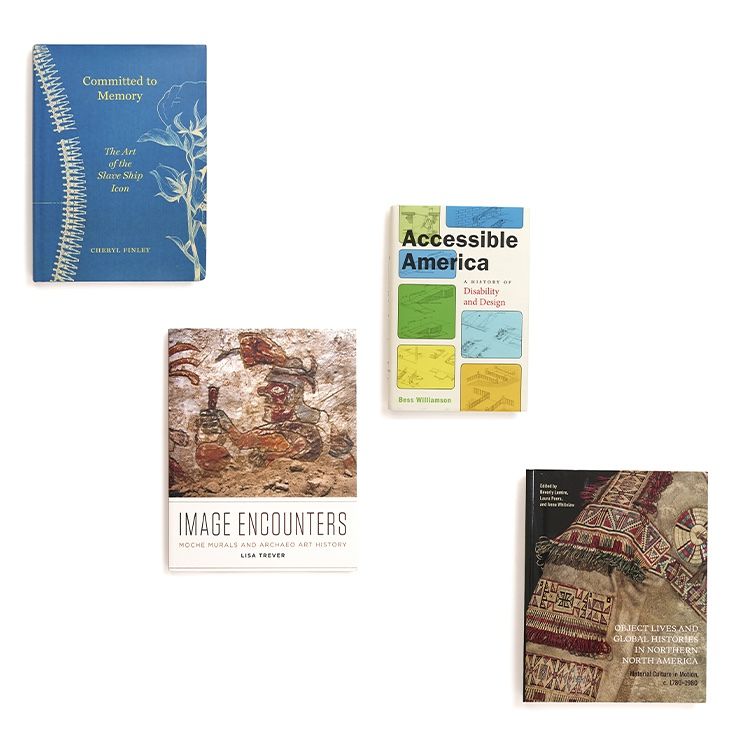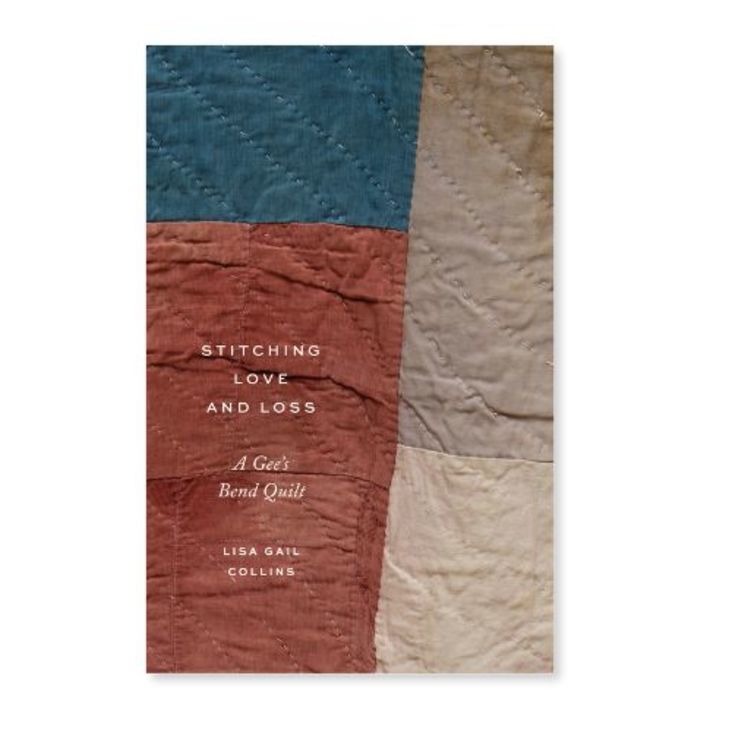
Brooke Penaloza-Patzak (MA 2011) is the Erwin Schrödinger Fellow of the Austrian Science Fund with a three-year postdoctoral appointment split between the University of Pennsylvania Department for the History and Sociology of Science, and the University of Vienna Department for Economic and Social History (2020-2023).
What attracted you to the Bard Graduate Center program?
I have been fascinated by material culture—the haptic quality of things, resource sourcing, technologies of production, et cetera—for as long as I can remember, and I took a degree in fine art in the early 2000s with a concentration on Byzantine-style panel painting. At the time, this seemed like one of the only avenues for someone interested in working with things. I made everything from my panels to my grounds and paints myself, and it was during this time that I realized I was more interested in knowing how to make these things (and the processes by which that type of knowledge was transmitted) than actually making them myself. A friend in New York happened to tell me about the BGC. It was the only MA program to which I applied. I was accepted, and that was that. To this day, my time at the BGC remains one of the most intellectually stimulating experiences I’ve had.
What was your focus of study there, how did you become involved with it?
I started studying at the BGC in 2010. I believe this was also Aaron Glass’ first year of teaching, and I was on one hand immediately drawn to the history of anthropology and museum anthropology by the material culture of the Pacific Northwest Coast First Nations peoples which I learned about in his courses. On the other hand, I was also taking a course on the Medieval and Early Modern Mediterranean with Peter Miller and became completely absorbed in the work of Braudel and Goitein. These strains of interest culminated in a thesis on the correspondence between Franz Boas and Aby Warburg, a subject which continues to fascinate me to this day, and which certainly influenced the direction of my doctoral work on transnational relations and material exchanges in early anthropology.
How has the experience at BGC helped in my career?
I still work with some of the museums and archives I first became acquainted with through BGC mentors, and these served as the basis for my professional network.
Could you describe your current position and how you came to it?
I just started as an Erwin Schrödinger Fellow of the Austrian Science Fund with a three-year postdoctoral appointment split between the University of Pennsylvania Department for the History and Sociology of Science, and the University of Vienna Department for Economic and Social History (2020-2023). This means three years of funding to conduct basic research for a project I designed entitled “Beringia: Material Evidence, Praxis and the Shape of Science.” With a focus on the intersections of scientific praxis and knowledge, this project analyzes how society informs the ways in which scholars investigating early human migration via Beringia have identified and engaged with their material evidence from the 1880s to today, and it assesses how this behavior impacts the development of scientific knowledge and research methods. I really enjoy the freedom and flexibility of designing my own multi-year research projects—and I luckily get a kick out grant writing—so that is how I ended up doing what I do now.
Brooke Penaloza-Patzak will give a Brown Bag Lunch presentation on Thursday, April 22, at 12:15 pm. Her talk is entitled “Objects as Data, and in the Formation of Practice and Knowledge: A Short History of Beringian Collections in the Natural and Human Sciences”. Register here.












